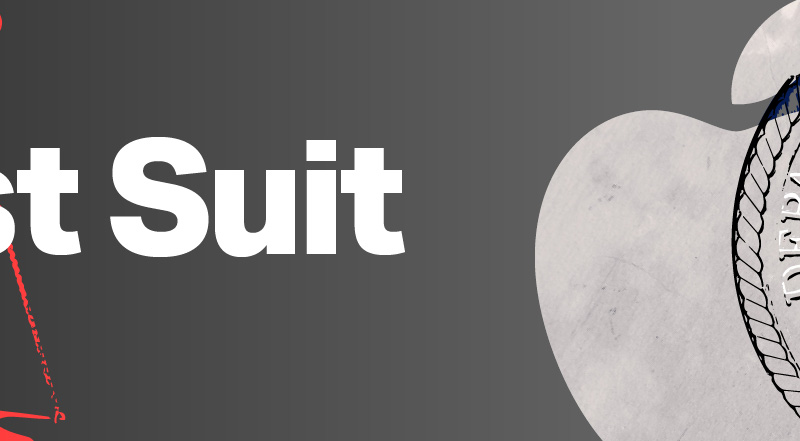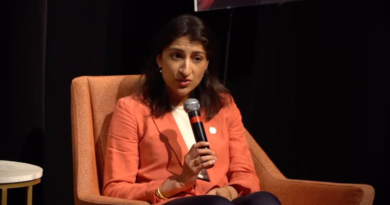Apple’s antitrust suit is a silver lining for Epic Games
The Department of Justice and 17 state attorneys general filed a massive lawsuit against Apple on Thursday morning, accusing the company of monopolistic smartphone practices. Meanwhile, Fortnite maker Epic Games has been accusing Apple’s iOS App Store of antitrust violations for years in an ongoing, arduous legal battle.
Epic is never named explicitly in the 88-page lawsuit, but the gaming company’s complaints are echoed across extensive discussion of the App Store’s anticompetitive practices.
“Apple often enforces its App Store rules arbitrarily,” the suit says. “And it frequently uses App Store rules and restrictions to penalize and restrict developers that take advantage of technologies that threaten to disrupt, disintermediate, compete with, or erode Apple’s monopoly power.”
Epic’s core complaint about the App Store is that developers must cede 30% of in-app purchases to Apple. And unlike Android devices, iPhones do not allow for sideloading apps, meaning that Apple has control over any app in its App Store. For almost a decade, Epic CEO Tim Sweeney has been a staunch critic of the revenue cut, which he thinks is monopolistic and predatory toward smaller companies. In 2020, Epic made it possible for Fortnite players to pay Epic directly, rather than giving a cut to Apple — then, Apple removed Epic from the App Store, and now, four years later, we’re still watching the two companies duke it out in various legal proceedings.
While a judge ruled at the time that Apple can’t prevent apps from routing users to alternative payment methods, the iPhone maker was ultimately not deemed a monopoly.
Given past rulings in Apple’s favor, it’s surprising that this lawsuit is aligned with some of Epic’s grievances.
“While Apple has reduced the tax it collects from a subset of developers, Apple still extracts 30 percent from many app makers,” the suit says. “Apple also generates substantial and increasing revenue by charging developers to help users find their apps in the App Store—something that, for years, Apple told developers was part of the reason they paid a 30 percent tax in the first place.”
Epic isn’t the only large company that has faced off against Apple. In January, as developers prepared for the European Union’s new Digital Markets Act (DMA) to take effect, Spotify also stepped into the ring, calling Apple’s compliance plan “extortion” and a “complete and total farce.” Then in March, Apple was fined €1.84 billion for breaching antitrust rules in the market for music streaming services.
On Thursday, the Coalition for App Fairness (CAF) — which includes Epic Games, Spotify, Deezer, Proton and other companies — released a statement in favor of the DOJ’s action against Apple.
“With today’s announcement, the Department of Justice is taking a strong stand against Apple’s stranglehold over the mobile app ecosystem, which stifles competition and hurts American consumers and developers alike,” said Rick VanMeter, executive director of the CAF. “The DOJ complaint details Apple’s long history of illegal conduct — abusing their App Store guidelines and developer agreements to increase prices, extract exorbitant fees, degrade user experiences, and choke off competition. The DOJ joins regulators around the world, who have recognized the many harms of Apple’s abusive behavior and are working to address it.”
Epic Games declined TechCrunch’s request to comment. Sweeney, who is usually vocal about these issues, has also been reticent on the matter.
“I’ll be off Twitter antitrust commentary between now and the end of my testimony in the Australian Epic v Apple and Google trial in Melbourne,” Sweeney posted, alongside a photo he took in Melbourne.
For more on Apple’s antitrust lawsuit, check here:




